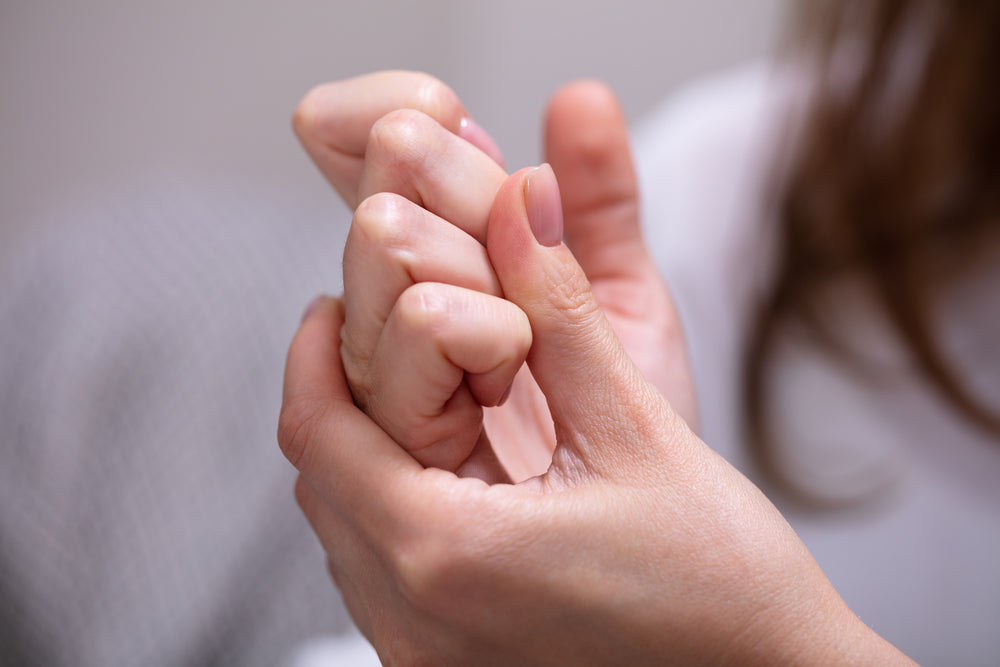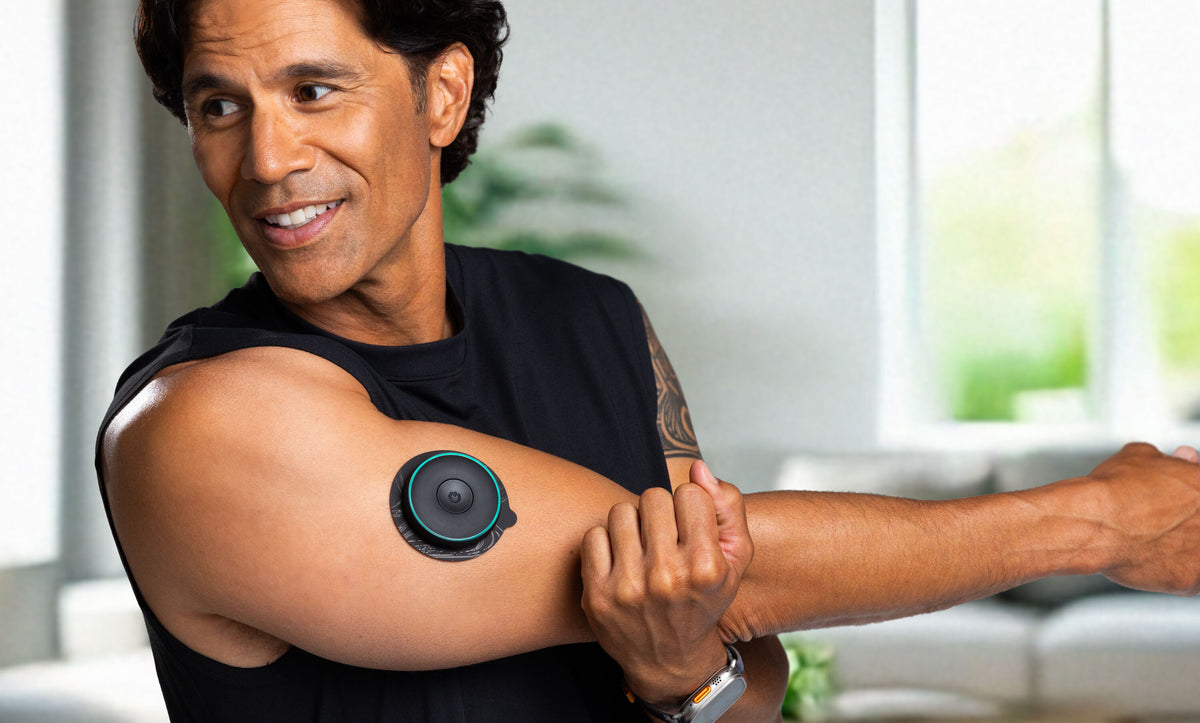Your back can make some spooky sounds: grinding, snapping, or cracking. If your back makes these sounds a lot, it’s like Halloween is already here. Your own back cracks and you look behind you to make sure no one is there. Scared superstitious, you wonder . . . What’s happening to my back? Did I spill some salt? Or walk under a ladder the other day? Eventually you conclude that you’re cursed, and it is just something you have to live with.
We’re kidding of course. You probably aren’t scared by your own back cracking. But there might be a few sounds that worry you. Not all the sounds your back makes or even other joints in your body are bad. Some actually relieve pain. Let’s dive in and find out what’s good.
Is it safe if your back pops from the Chirp Wheel+?
Absolutely! While we always recommend that you ask your doctor before using the wheel because everyone is different, a good pop from rolling out of the Chirp Wheel+ usually means it’s working to provide you muscle tension relief. We asked a chiropractor what he thought about this, here’s what he said:
The manipulation of joints is a great thing when done by the Chirp Wheel or a professional. A lot of times with those adjustments there will be tribonucleation, a fancy word for that "cracking/popping" noise. This is a great way to relieve pain, increase mobility, and help increase the overall function of the body. Our bone structure is related to the function of our body, and the way our body functions determines our overall health. That is why the adjustments (cracking of joints) is crucial in keeping our spine aligned and muscles balanced.
Is it okay to pop your fingers or other joints every day?
Forcibly cracking joints can be bad and can lead to problems, especially when done frequently. Popping your joints like this can create hypermobility (too much movement) and usually means you should see a health professional and chiropractor to fix the problem. Popping or cracking that happens naturally while stretching your muscles or rolling out is great!
Here are a few things that can happen when popping your joints:
- Escaping gasses. This is also known as cavitation. Around your bones, there is synovial fluid that allows you to move comfortably. As you move, air bubbles build up in the fluid. When your joint experiences a sudden change in movement, the air pressure from the fluid is released, making the popping sound. This is the most common type of back cracking, and it’s not bad in moderation. But when done too much or when forced, popping your joints can lead to premature breakdown of the ligaments surrounding your joints.
- Ligament or tendon snapping and moving. As you get older, your muscles and tendons tighten. Ligament or tendon snapping is when the ligament is pulled or snapped across the surface of a bone, which is what makes the cracking or popping sound. Tendon moving is when the position of your tendons change and move out of place. When this happens, it could also make a snapping sound. It’s okay. But if it’s painful, you should go see your doctor to find out what’s going on.
- Bone grinding. This one sounds the worst, and, unfortunately, it is. When cartilage around your joints wears down from age or overuse, it causes the bones to rub together, making a grinding sound. These rubbing or grinding noises are known as crepitus, which is a sign of damaged cartilage or inflammation. Once bone grinding and rubbing happens, you can no longer prevent it, but you might be able to slow down the loss of cartilage with weight loss or by preventing weight gain. Don’t think that being stationary will help improve this rubbing and grinding. Movement and exercise (not high-impact exercise) will help blood flow to the cartilage you have left and keep it from deteriorating further.
Cracking your back or other joints in moderation can help relieve pressure and can be helpful to reduce pain, without causing long-lasting negative effects. But, when you over-crack your joints, it can put too much wear and tear on your joints and can lead to other issues. While some have said that popping your joints can lead to arthritis, recent studies have leaned more towards the idea that there is no connection between the two. Eating healthily, staying active, and keeping hydrated will help your cartilage stay healthy so that joint cracking won’t cause you pain . . . or scare you.
References
Baillie, L. (2018 February 8). Snap, crackle, pop -- what you need to know about joint noises. Retrieved from https://www.avogel.co.uk/health/muscles-joints/joint-pain/snap-crackle-pop-what-you-need-to-know-about-joint-noises/
Brain Spine Surgery. (2017 August 16). Is cracking your back bad for you? The ultimate guide. Retrieved from https://www.brainspinesurgery.com/back-cracking-guide/
Holland, M. (2021 April 1). Personal Interview.
Levy, J. (2018 May 17). The truth about back cracking and grinding. Retrieved from https://www.spine-health.com/conditions/lower-back-pain/truth-about-back-cracking-and-grinding
Vagg, M. (2013 March 19). Are noisy joints a sign of arthritis? Retrieved from https://www.abc.net.au/health/talkinghealth/factbuster/stories/2013/03/19/3718945.htm








